International relations
🌍 Notes on International Relations (IR)
Meaning & Scope
Definition: International Relations (IR) is the study of relationships among states, international organizations, non-governmental actors, and multinational corporations in the global arena.
Scope:
✳️ Diplomacy & foreign policy ✳️International law & organizations (UN, WTO, etc.)
✳️Global issues: security, environment, human rights, terrorism
✳️International political economy
Evolution of IR
Ancient Roots: Kautilya’s Arthashastra, Greek city-states, Roman Empire.
Modern IR: Emerged after World War I (1919) with the League of Nations.
Post-World War II: Rise of United Nations, Cold War politics.
Post-Cold War (1991): Globalization, rise of non-state actors, multipolar world.
Major Theories of IR
(a) Realism
Focus: Power, national interest, survival of the state.
Key Thinkers: Thucydides, Machiavelli, Hans Morgenthau.
Motto: “International politics is a struggle for power.”
(b) Liberalism
Focus: Cooperation, international institutions, democracy, trade.
Key Thinkers: Immanuel Kant, Woodrow Wilson.
Belief: “Democratic peace” & interdependence reduces war.
(c) Marxism / Critical Theory
Focus: Economic inequality, imperialism, capitalism as root of conflicts.
Thinkers: Karl Marx, Lenin, Immanuel Wallerstein (World-Systems Theory).
(d) Constructivism
Focus: Ideas, identities, norms shape international politics.
Example: Cold War ended not only due to power shift but change in ideology.
(e) Feminist IR
Focus: Gendered dimensions of war, peace, and diplomacy.
Key Concepts
▶️Sovereignty – supreme authority of a state within its territory.
▶️Balance of Power – states prevent dominance of one by creating alliances.
▶️National Interest – primary driver of foreign policy.
▶️Power – military, economic, soft power (culture, diplomacy).
▶️Global Governance – international cooperation to manage world affairs.
Important International Organizations
United Nations (UN) – peace, security, human rights, development.
World Trade Organization (WTO) – regulates trade.
International Monetary Fund (IMF) & World Bank – finance & development.
North Atlantic Treaty Organization (NATO) – collective security.
BRICS, G20, ASEAN, EU, African Union – regional & global cooperation.
Contemporary Issues in IR
Globalization vs. protectionism.
Terrorism & security challenges.
Climate change & sustainable development.
Human rights & humanitarian interventions.
Rise of China, decline of US hegemony → multipolar world order.
Russia–Ukraine conflict, Middle East crisis, Indo-Pacific geopolitic
Methods of Studying IR
Historical Approach – understanding past events.
Legal Approach – role of international law.
Philosophical Approach – values, ethics, justice.
Scientific/Behavioral Approach – data, case studies, models
✨ In short: IR = study of power, cooperation
, and conflicts among global actors. It explains why wars happen, how peace is built, and how globalization connects (and divides) the world.



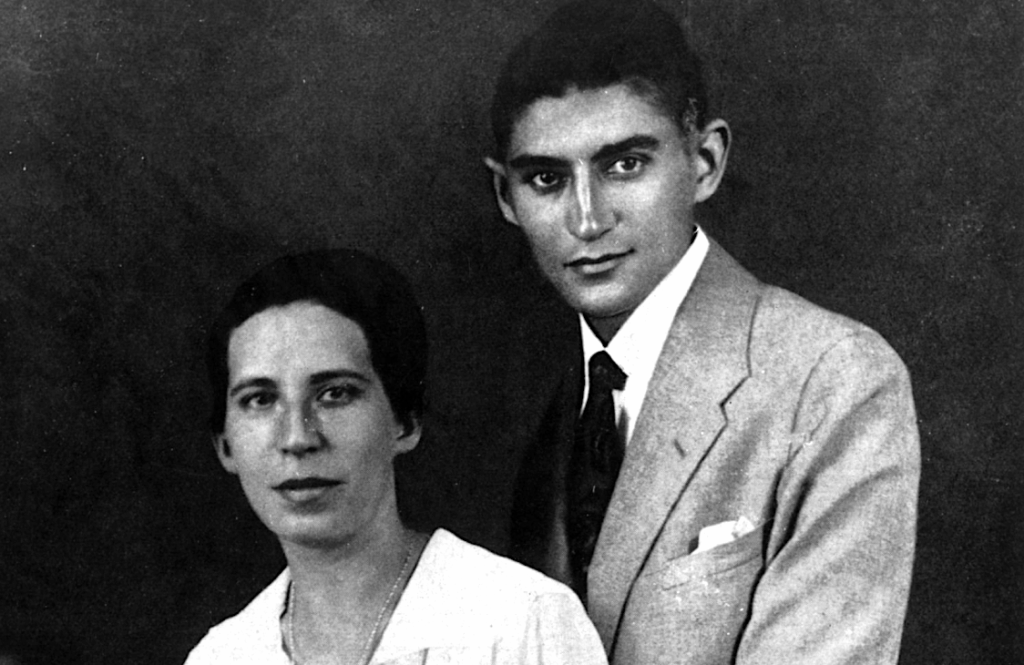
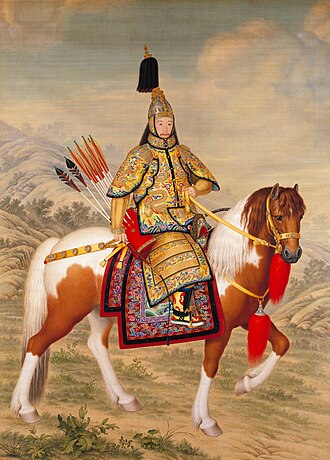
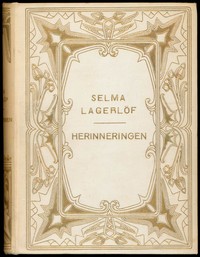

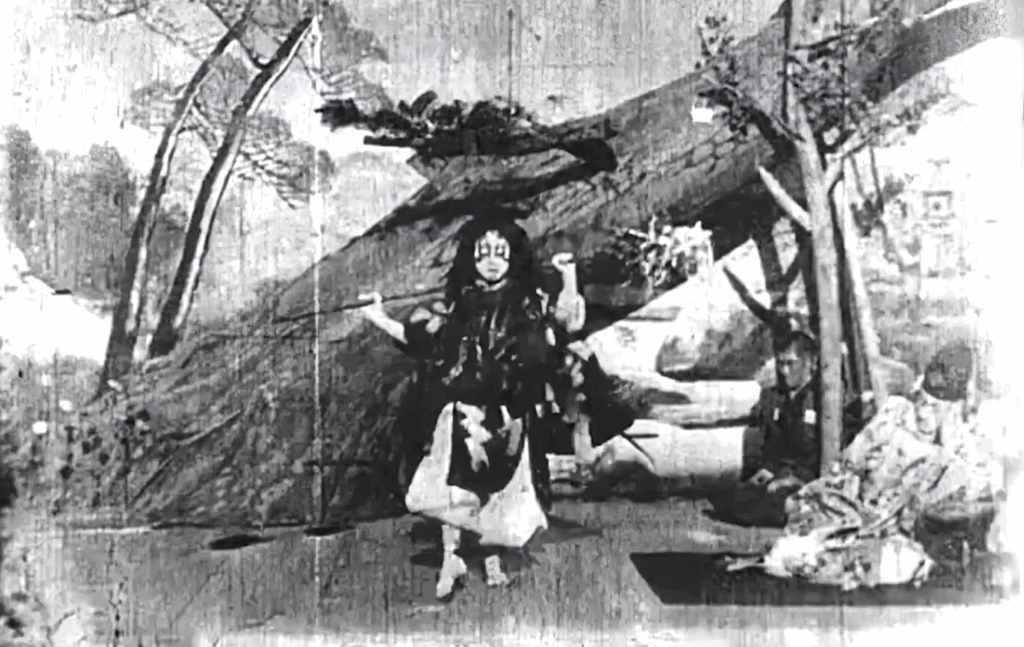


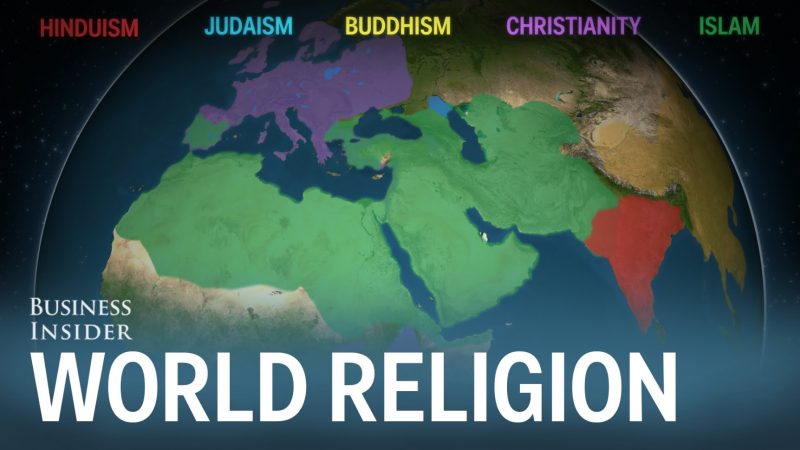
Leave a Reply